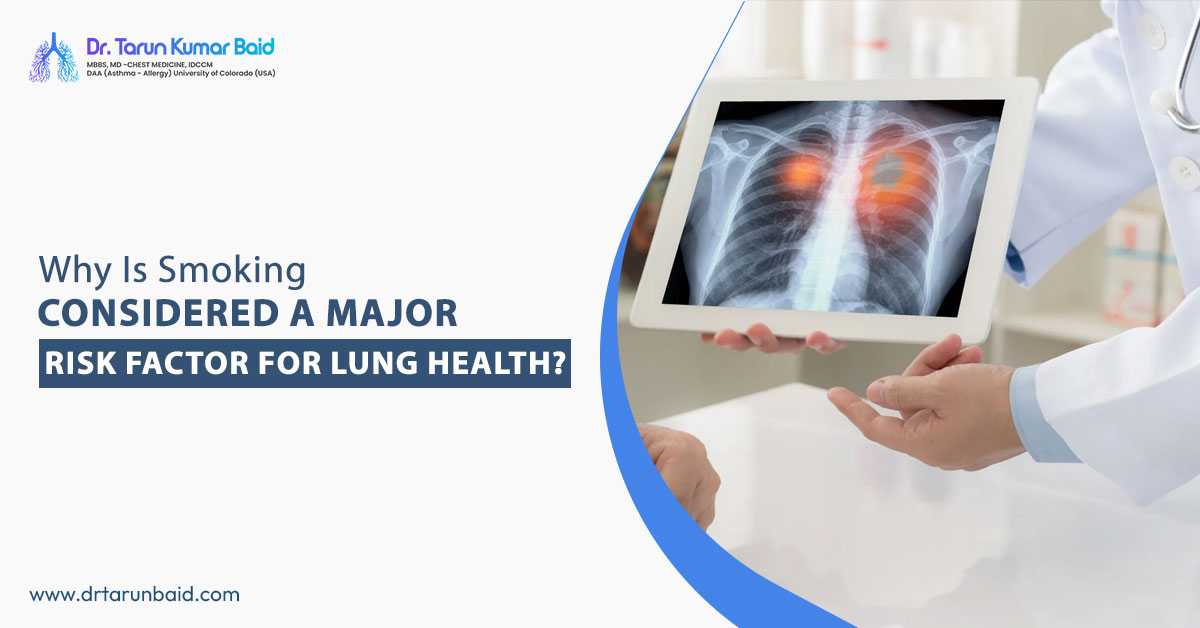Hypersensitivity pneumonitis (HP) is a serious pulmonary allergy that causes severe inflammation in the alveoli of your lungs. This disorder is mainly caused when you are exposed to certain allergens, plant proteins, bacteria, and fungi. In most cases, the distressing symptoms of HP go away quickly but sometimes it can also be chronic which can lead to severe complications.
To stop the progression of this allergy to a chronic stage, you must contact the best pulmonologist doctor in Siliguri immediately. Along with proper diagnosis and treatment, the doctor will also help you to identify the allergens causing HP so that repeated exposure and allergy triggers can be managed.
Given below are some of the early signs, risk factors, diagnosis, and treatment options for hypersensitivity pneumonitis.
Symptoms
The symptoms of HP depend upon the stage, where in the acute stage the symptoms develop within a few hours but it takes time to develop the symptoms in a chronic stage. Some of the common symptoms that you can experience with acute HP are fever, shortness of breath, fatigue, and fever.
If you have chronic HP then the shortness of breath usually worsens when you’re doing a heavy activity. The other signs that develop in this stage are weight loss, finger clubbing, and chronic cough.
Risk Factors
The risk of developing HP is higher among people who are above 50 years old. Apart from the age factor, if you’re indulged in certain occupations that involve working with certain allergens can also impose to higher risk for HP.
Some of such occupations include metal worker, poultry handler, and veterinarian. People who are always around bird feathers or processing grains of flour can get this type of allergy. If the air conditioners, hot tubs, or humidifiers that you use are not maintained well then also you can get exposed to the allergens of HP.
Diagnosis
Before recommending any tests, the doctor will first diagnose your condition through a physical exam, symptoms, and personal history. The oxygen level and functioning of the lungs will also be checked with a pulse Oximeter and stethoscope.
After this diagnosis, the doctor can perform imaging tests such as a CT scan or chest X-rays to look for any damage in the lungs. The other effective tests that are done include allergy blood tests, bronchoscopy, and pulmonary function tests. You can avail of the treatments of pulmonology in Siliguri based on the results.
Treatment
You must remember the fact that all the treatment options for HP will be ineffective if you cannot stay away from the allergens. If you’re exposed to any of it then the doctor may prescribe some medications such as immunosuppressive, corticosteroid, or anti-fibrotic drugs to control the inflammation.
Oxygen therapy and pulmonary rehabilitation can also be recommended to improve breathing and maintain oxygen levels. Herein, a lung transplant can become necessary in case of serious lung damage.
Using a PPE kit while working with the allergens and avoiding feather-filled bedding can be the most effective preventive measures for HP. You can undergo allergy testing in Siliguri to determine the key triggers while avoiding the chances of pulmonary hypertension and lung scarring associated with HP.
(Source: https://my.clevelandclinic.org/health/diseases/17898-hypersensitivity-pneumonitis)





